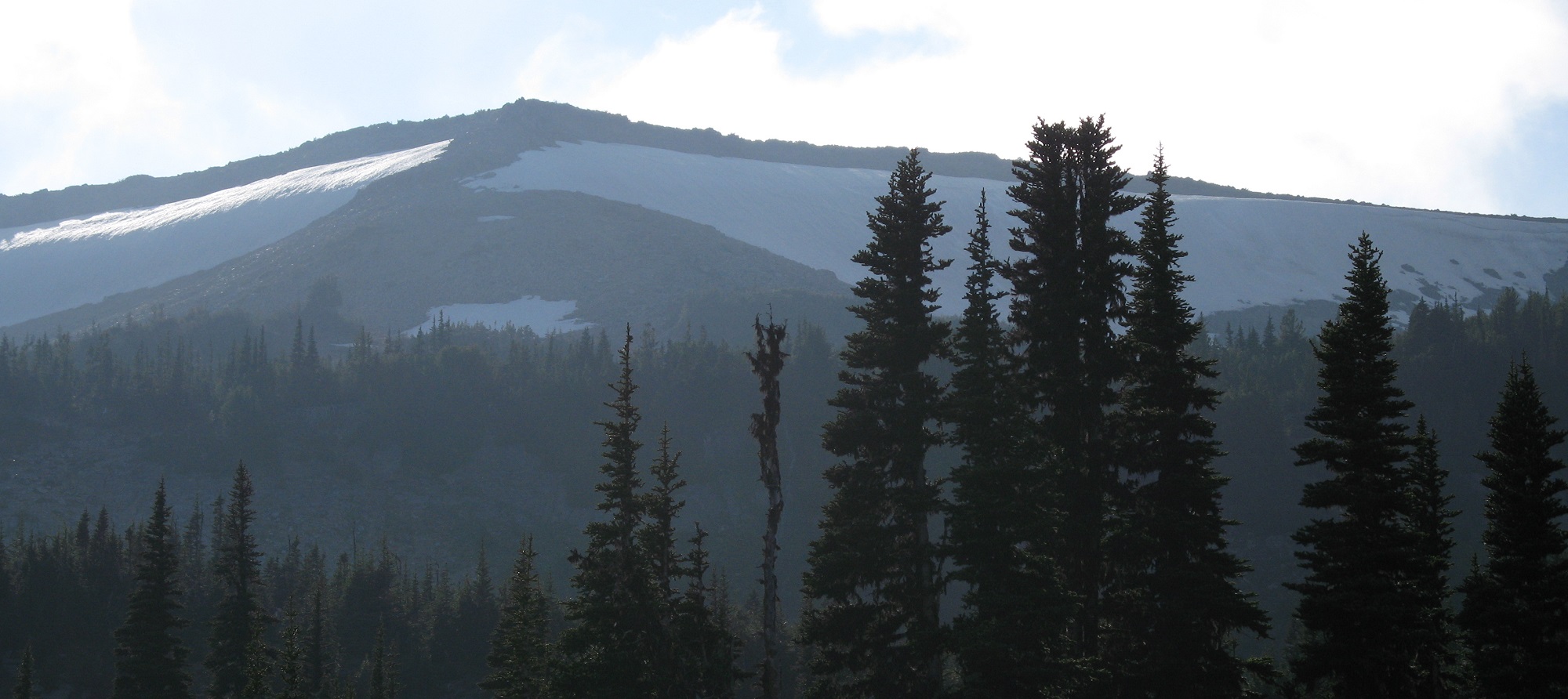If we want ecosystem restoration and stewardship based on honor and reciprocity we need to develop new kinds of institutions that support that work. If we don’t clearly define our objectives, we’ll likely find ourselves back on the worn path, in a hierarchical non-profit corporation paying people to work—it is what we are used do doing. Restoration Camping is a strategy for voluntary collaboration that lives parallel to the marketplace. We don’t replace our other institutions, but we create a watershed home for us to gather, focus, and work. This is a design challenge. Here are principles that could inform this design:
- We efficiently restore ecosystem capital through direct action. Ecosystems are changed with work. Our system must apply a maximum of effort on-the-ground. We live in the ecosystem we are restoring, and achieve the greatest change with the least effort by applying systems thinking. We know we are successful through project extent and observing the change in vegetation, biodiversity, and moisture over an increasing area.
- Our system thrives on membership dues and low nightly fees. We can operate and grow a camp without grants or sponsors, but we pursue grants to go faster. We limit expenses by leveraging knowledge, labor and goodwill. We know we are successful by our ability to produce a camp with minimal money, and through long range cash flow planning and accounting.
- We build personal relationships. The visible work of the camp community inspires stewardship. Each guild-member is a node of our network. We embrace watershed residents as colleagues and invite them to contribute. We know we are successful through private land access, and material support for restoration.
- All participants are nourished. Guild membership gives us meaningful experiences and skills, friendships, a mission larger than ourselves aligned with our values and vision, networks of ideas and information, and access to raw natural resources. We know we are successful through the feedback of guild-members, and our increasing numbers.
- Camp residence demonstrates regenerative living. The camping lifestyle produces much and consumes little. We develop elegant technologies that create comfort and ease. We support watershed producers. Beneficial residency is part of the project and the design challenge. We know we are successful through resource audits, and adoption of our technologies outside of camp.
- Information is cycled and retained. In order to be creative, we design habits and leverage self-organizing open-source technologies to store and find information rapidly and efficiently. This involves a custom content management system with adaptable work flows, labor saving rituals, and a system for constant evaluation and adaptation. We’ll know we’re successful by the ease with which new members participate in information exchange and management.
- Different perspectives on the ecosystem are encouraged, tested, and integrated. Our goal is to reintegrate a culture of ecosystem stewardship. We’ll attract preservationists and producers, vegans and hunters, luddites and technologists. We create ecosystems that provide for human need, and we judge production in an ecological context. We teach and demand deeply respectful conduct toward each other and reject dogmatic thinking. We know we are successful by the thought diversity of our membership and the resulting innovation.
- Our model is self-replicating. Membership grows, camps overfill, so members find new hosts and build more camps. Our systems, rituals, technologies, strategies and tactics are modular and rapidly deployed in new locations. We know we are successful by observing the cost and time for new camps to become fully functioning.
- Leadership is cultivated in each individual. Concentrated leadership is intertwined with concentration of power, control of information, divestment of personal responsibility, and buying stewardship. Each guild-member is a force of creation. Teams emerge based on shared vision and passion. We use clear consent-based social rituals to listen to each individual and delegate responsibility. We know we are successful by the number of different guild members running projects at each camp.


